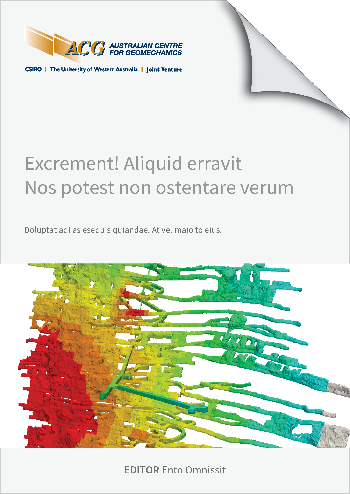Comparative analysis Evaluating battery and diesel load haul dump

|
Authors: Hooli, J; Halim, A; Sundqvist, F |
DOI https://doi.org/10.36487/ACG_repo/2435_M-02
Cite As:
Hooli, J, Halim, A & Sundqvist, F 2024, 'Comparative analysis Evaluating battery and diesel load haul dump', in Daniel Johansson & Håkan Schunnesson (eds), MassMin 2024: Proceedings of the International Conference & Exhibition on Mass Mining, Luleå University of Technology, Luleå, pp. 1164-1178, https://doi.org/10.36487/ACG_repo/2435_M-02
Abstract:
The use of Battery Electric Vehicles (BEVs) in underground hard rock mines is gaining traction due to their ability to improve working conditions by removing diesel exhaust gases, Diesel Particulate Matter (DPM), and reducing air temperatures. This would make the mines easier to comply with increasingly stringent Occupational Health & Safety (OH&S) regulations and make the underground mine environment healthier. Moreover, BEVs consume less energy than diesel machines due to their higher energy efficiency. All these examples would improve the efficiency of an underground mining operation. Diesel machines have been used for a long time in mining because of their high productivity. It is still unknown whether the current generation of BEVs can match the productivity of diesel machines. When using BEVs, aspects such as the required number of batteries and charging stations, the swapping time, and the swapping interval are aspects that can affect their productivity. As a result, Discrete Event Simulation (DES) analysis was carried out with Arena software using mine design data from a block cave mine that is in the feasibility study stage. The purpose of the analysis was to evaluate the productivity of two equivalent 18-tonne Load Haul Dump (LHD) units: diesel- and battery-powered, using two different hauling strategies, varying availability, and the speed of the machines. The results suggest that hauling strategy and speed have a significant impact on the required number of machines and that when using equivalent gear, battery machines can achieve on average between 6.5% and 10.3% higher productivity than equivalent diesel machines. The work was done as part of the Next Generation Carbon Neutral Pilots for Smart Intelligent Mining Systems project (NEXGEN SIMS, www.nexgensims.eu), which is funded by the European Union.
© Copyright 2025, Australian Centre for Geomechanics (ACG), The University of Western Australia. All rights reserved.
View copyright/legal information
Please direct any queries or error reports to repository-acg@uwa.edu.au
View copyright/legal information
Please direct any queries or error reports to repository-acg@uwa.edu.au